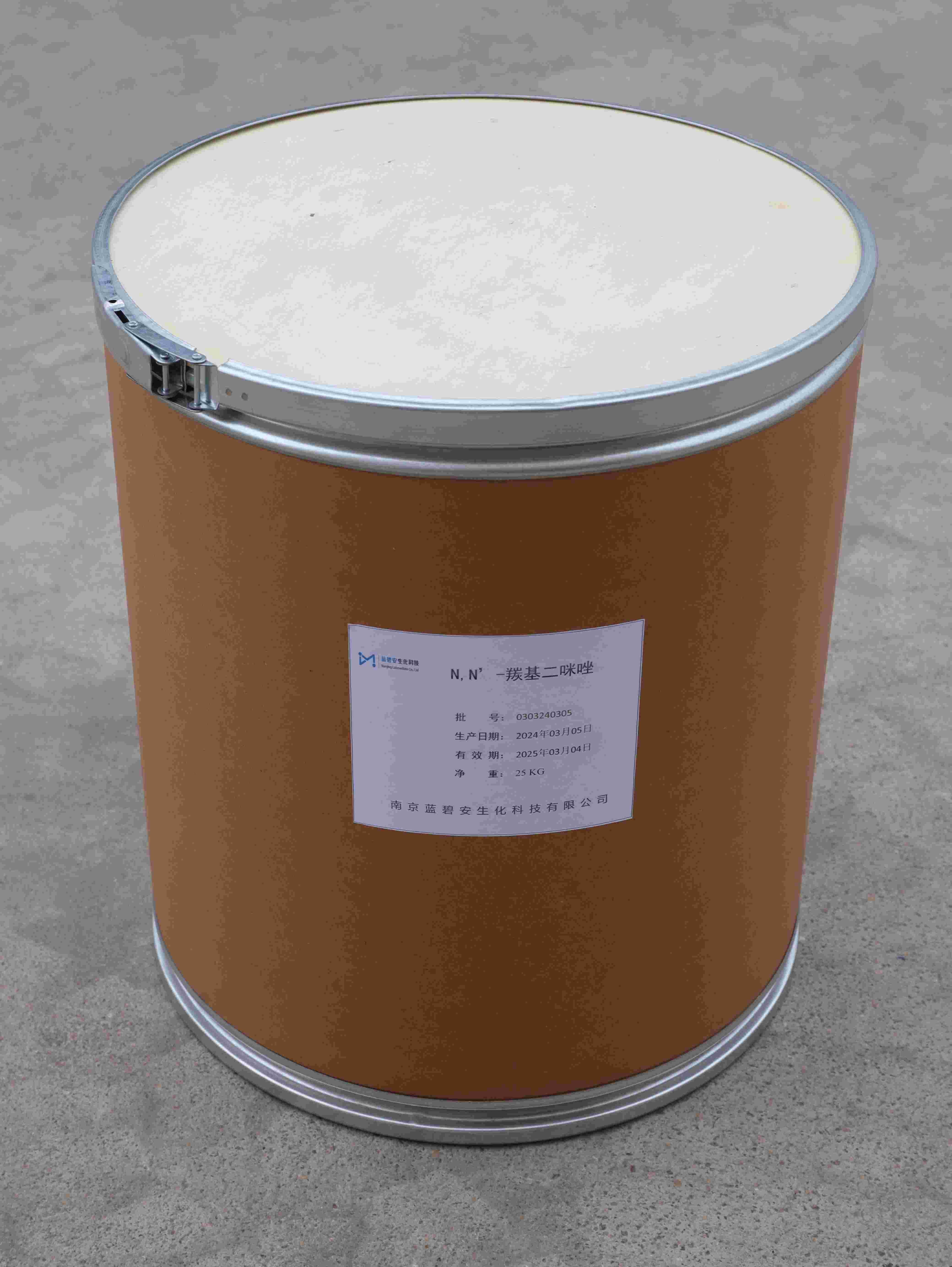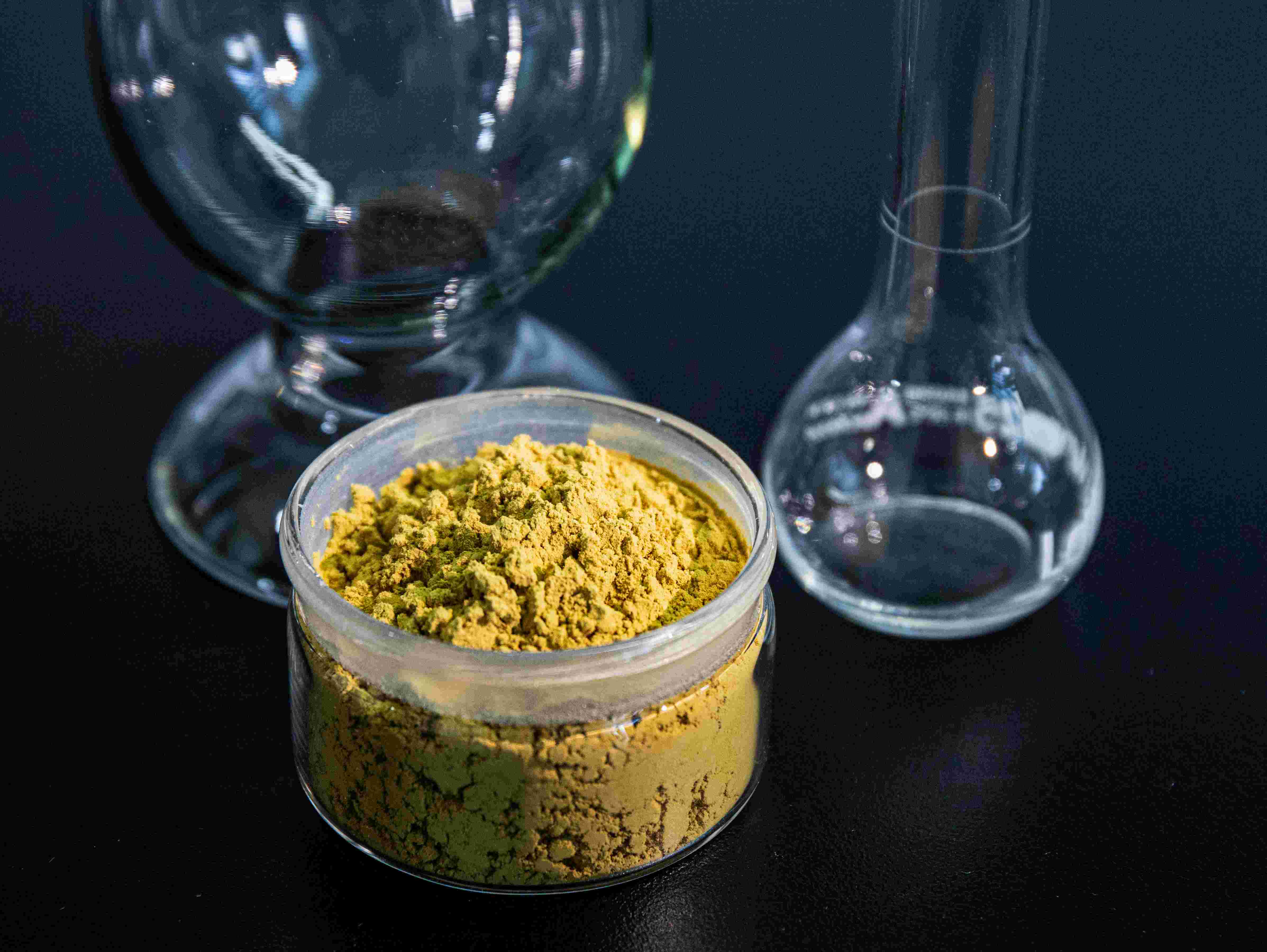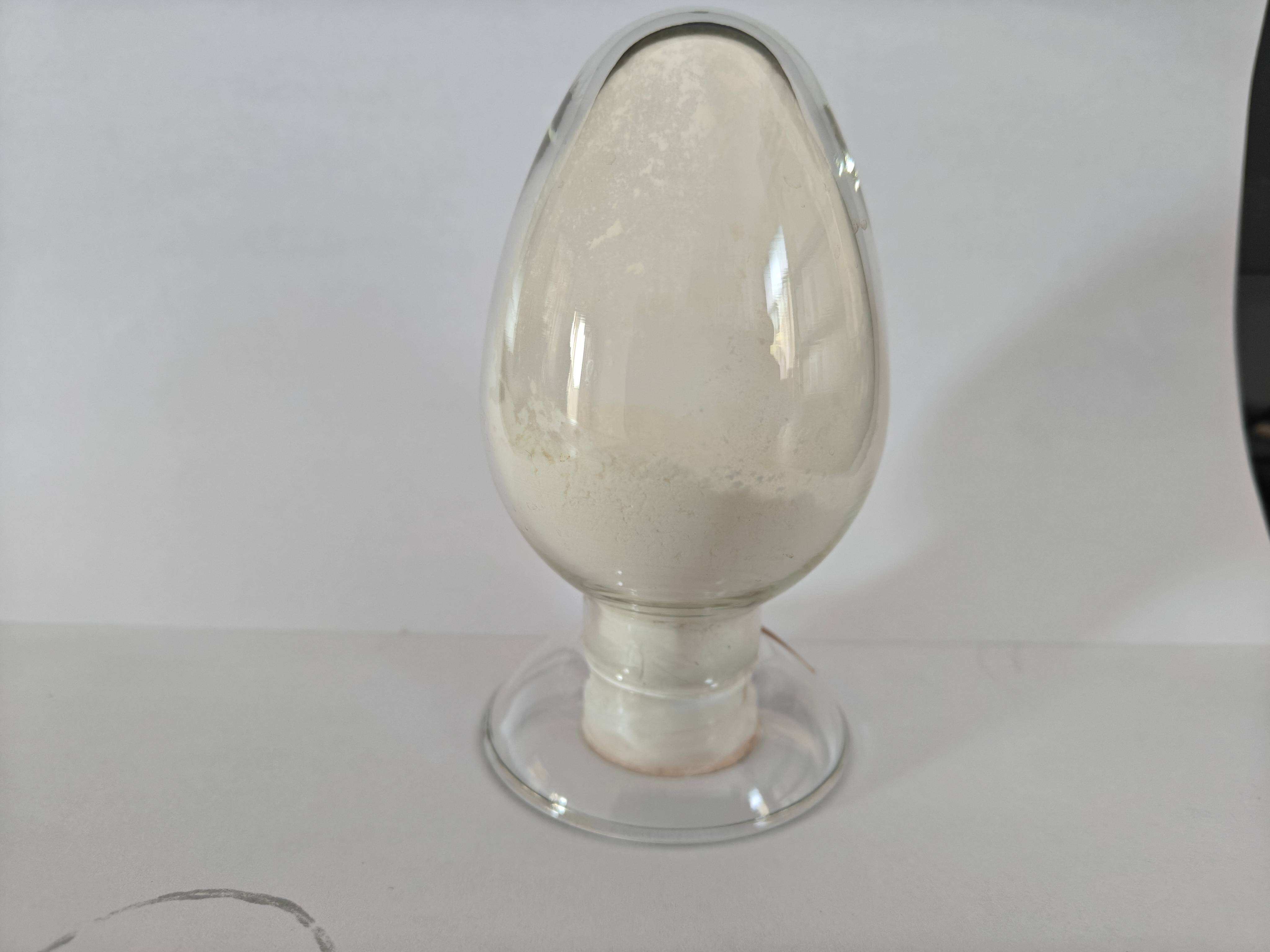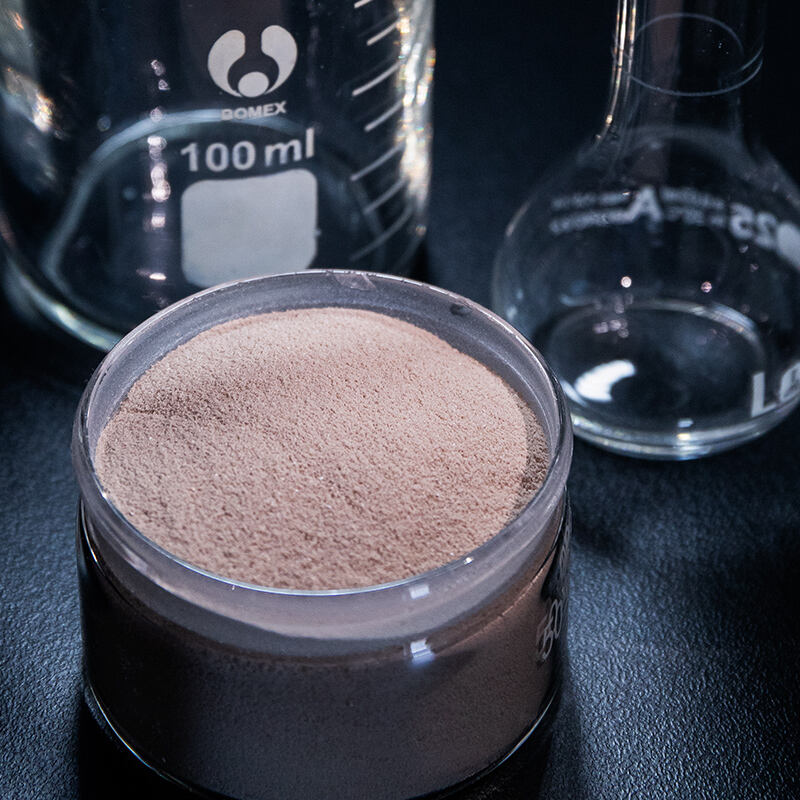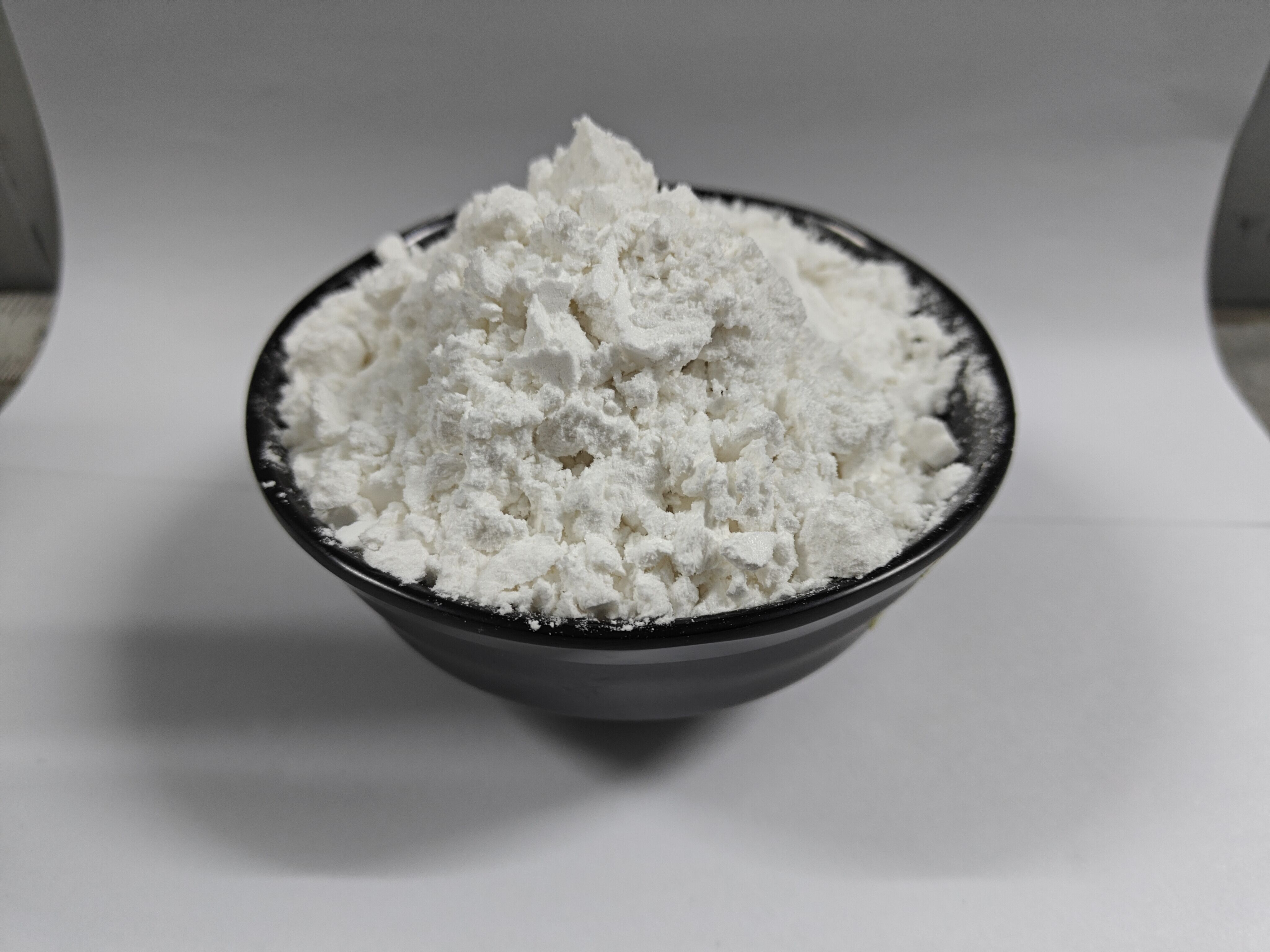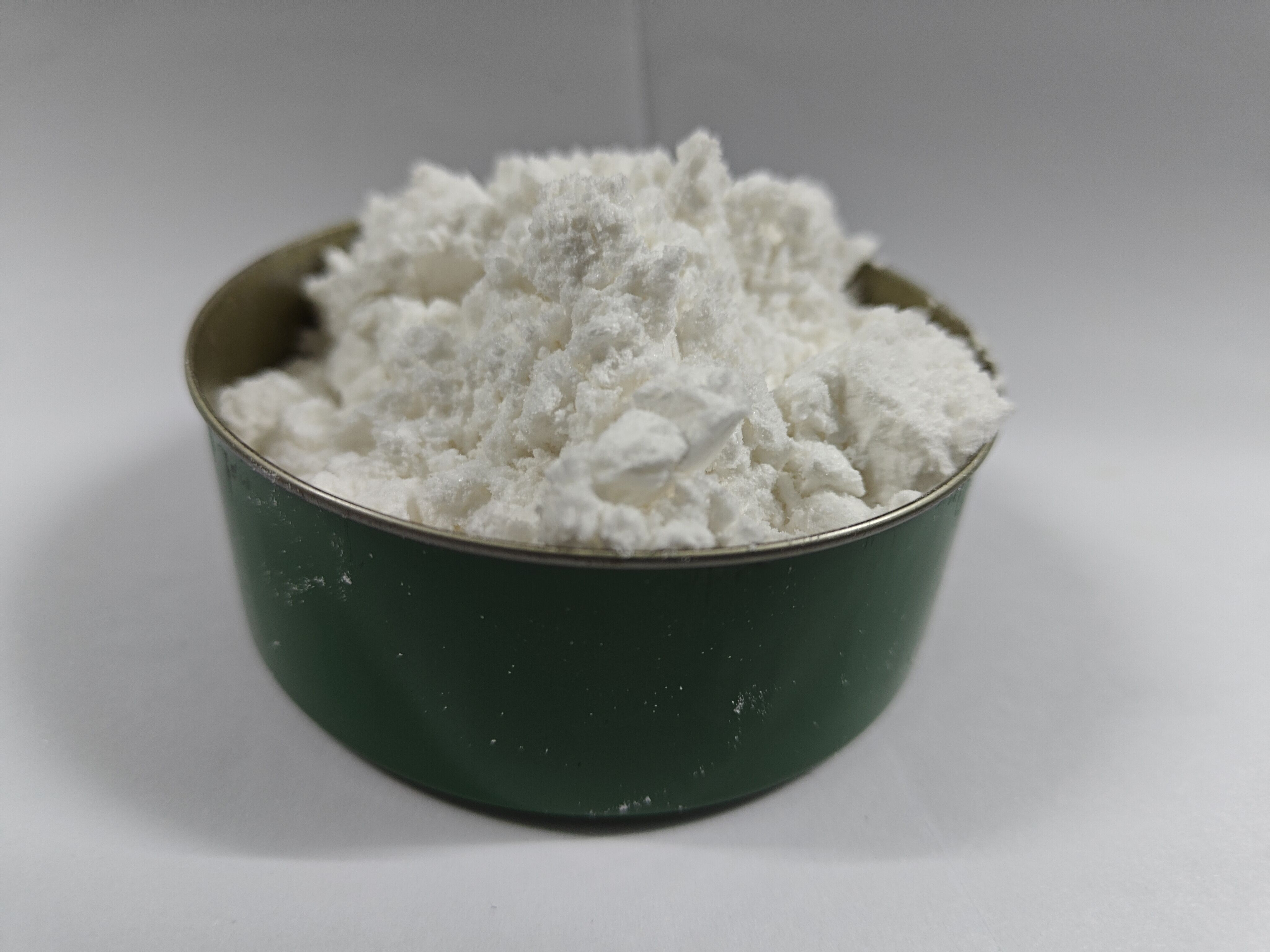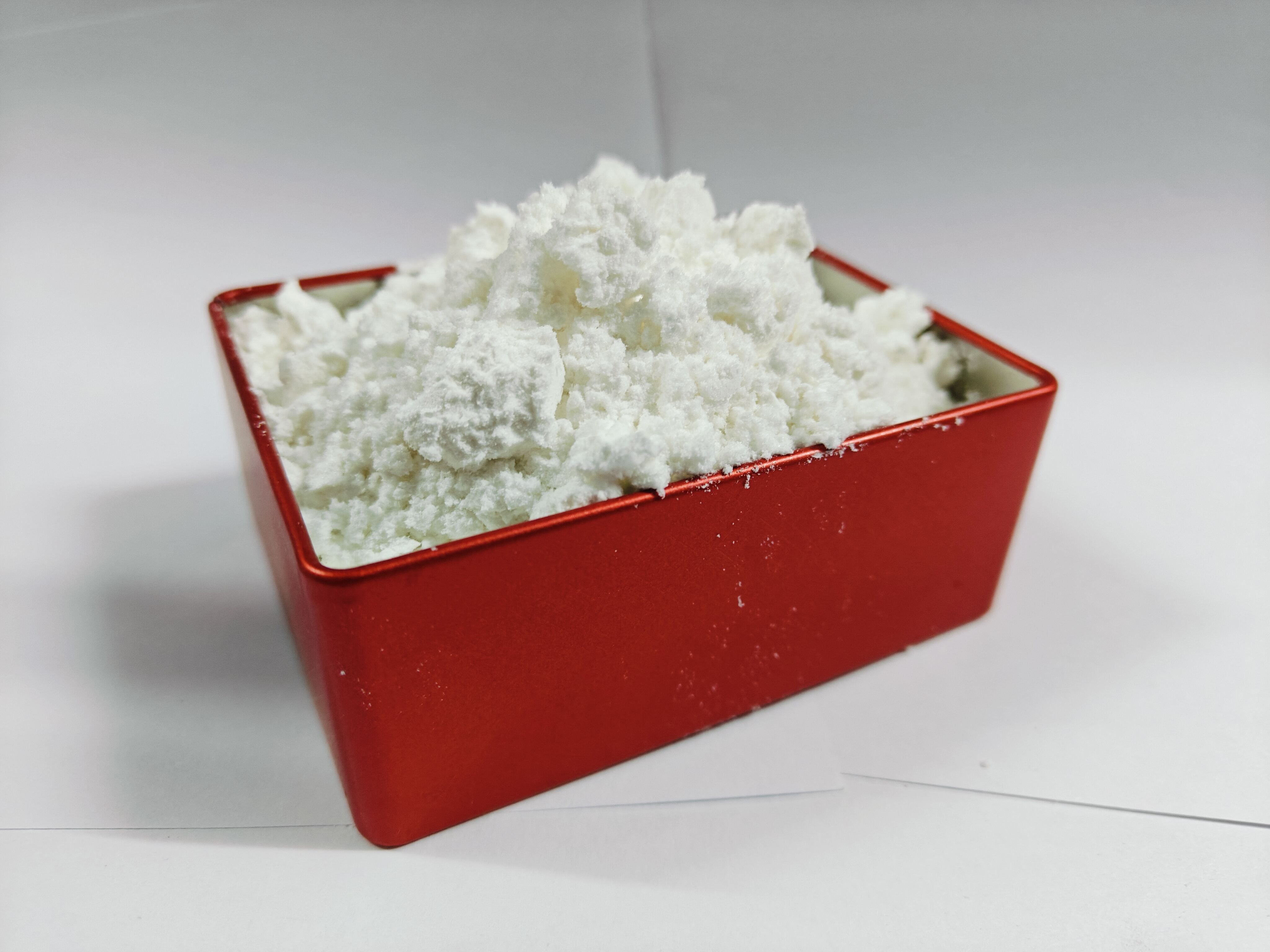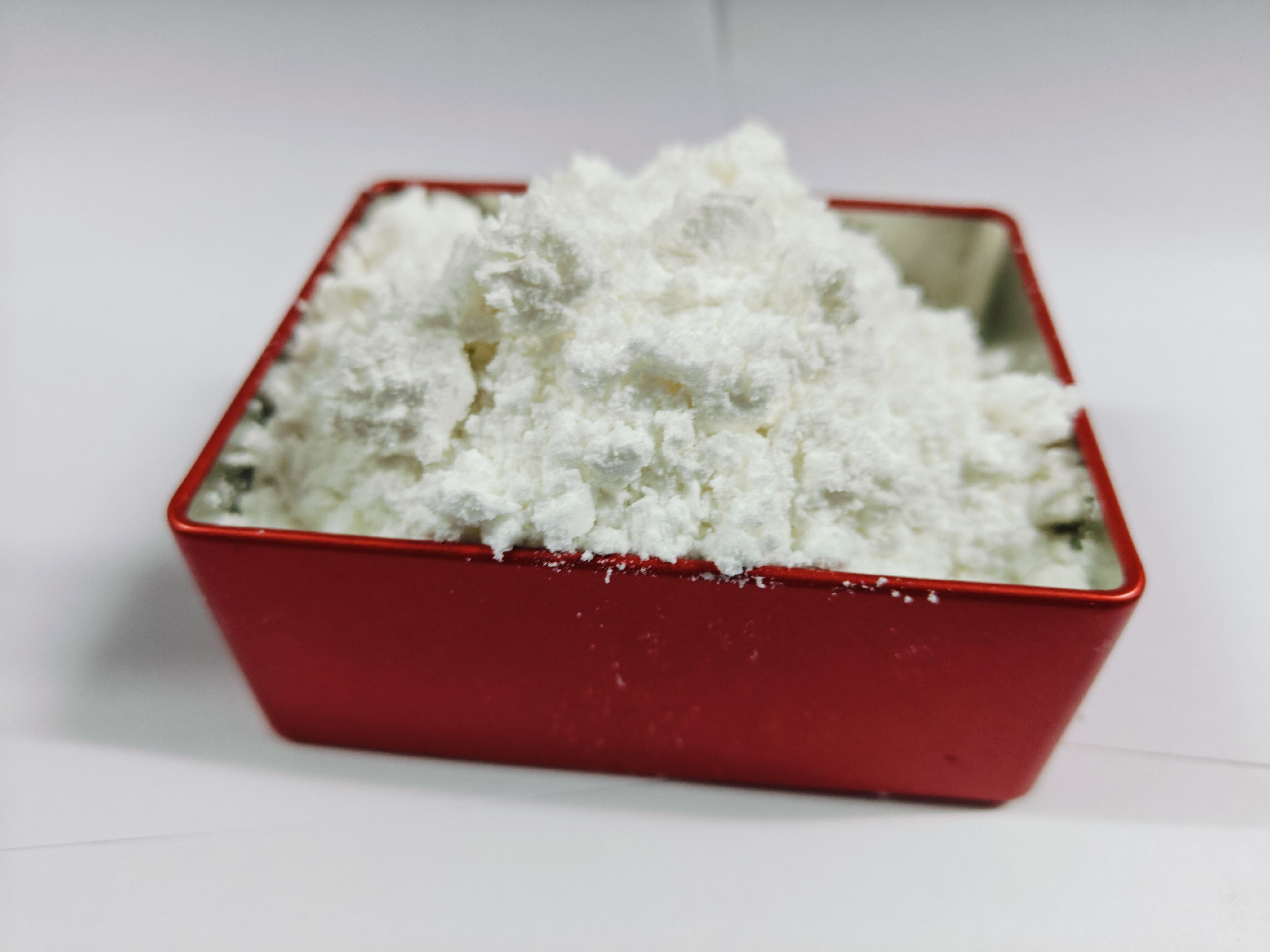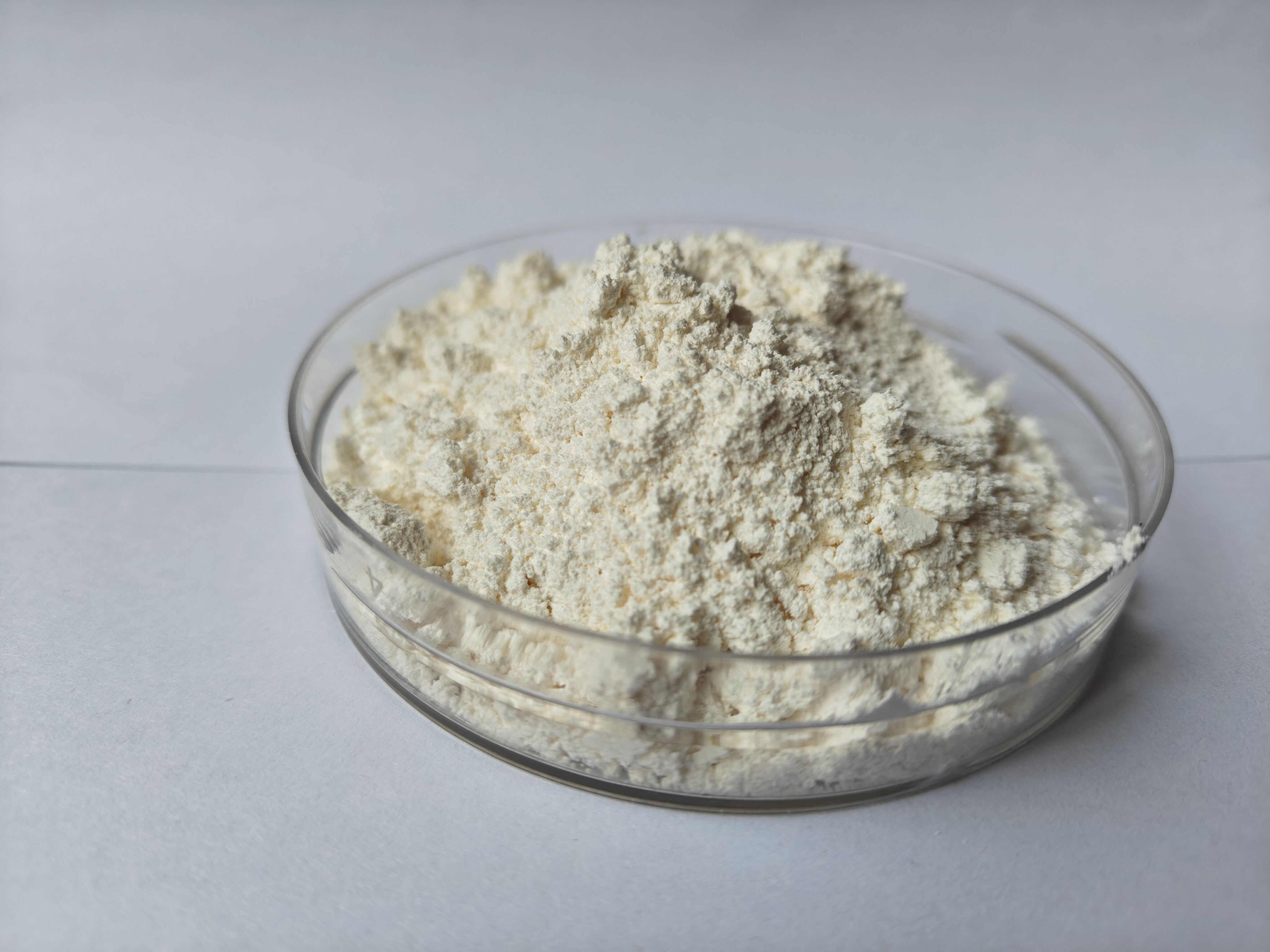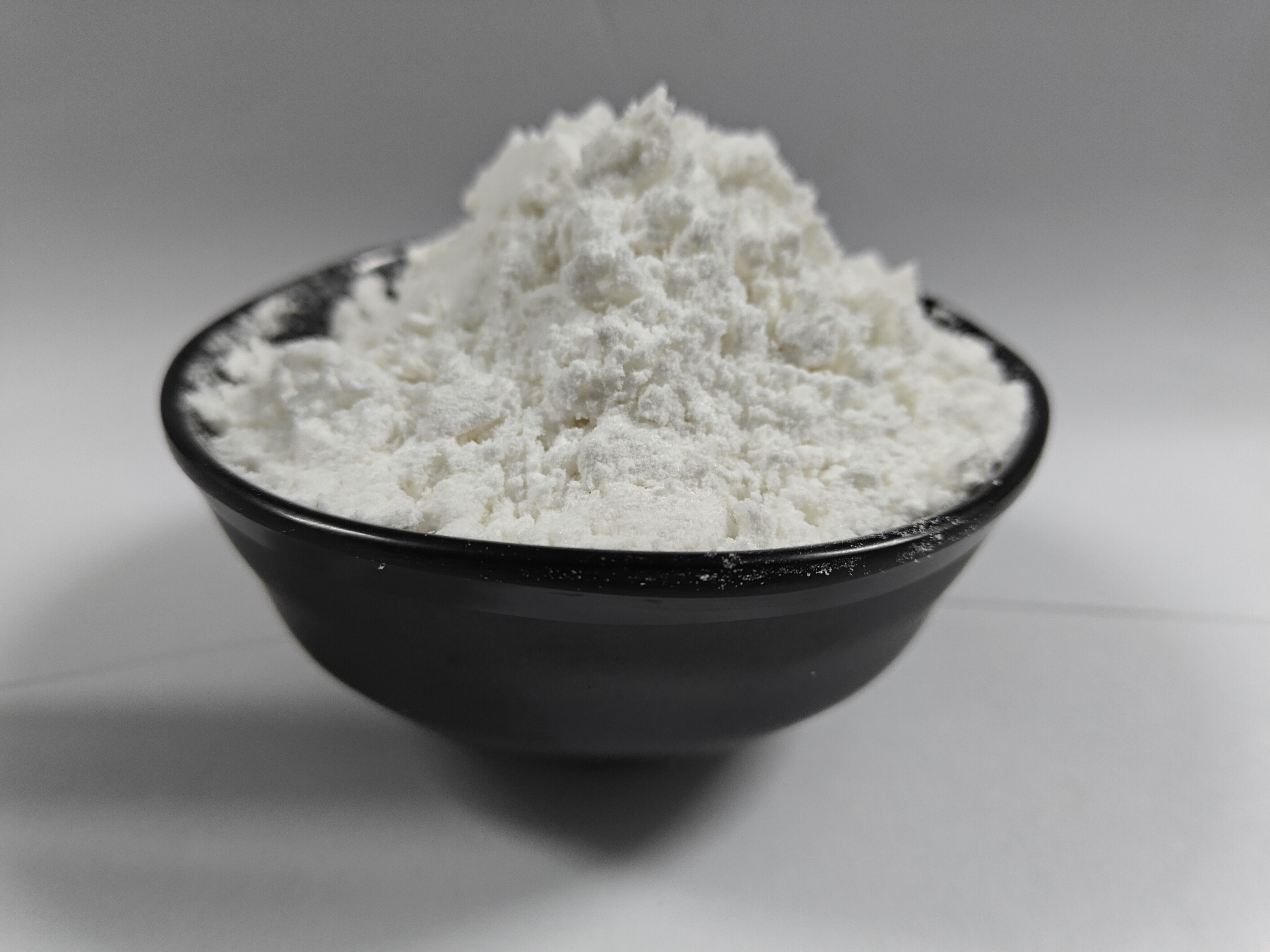Napakaraming Gamit
Ang kakayahan ng pagsusulit ng bulk resistivity ay nakakawang sa maraming industriya at aplikasyon, mula sa paggawa ng elektronika hanggang sa mga bahagi ng aerospace. Ito ang nagiging sanhi kung bakit ito'y isang di-maaaring makalimutan na kasangkot para sa pagsulong at pag-aaral, siguradong pamamahala, at optimisasyon ng produkto. Ang kahalagahan ng parameter sa iba't ibang uri ng materyales, kabilang ang mga polimero, seramiko, at komposito, ay nagbibigay-daan sa pangkalahatang pagsusuri at pagsasalungat ng materyales. Maaaring gawin ang mga sukatan ng bulk resistivity sa mga materyales sa iba't ibang anyo, mula sa mababaw na pelikula hanggang sa bulkanong mga sample, na nagbibigay ng fleksibilidad sa mga proseso ng pagsusulit. Ang hindi nasusunod na kalikasan ng teknikong ito ay nagpapahintulot sa muling sukatan sa parehong sample, na nagpapadali sa mga pag-aaral ng katatagan sa malaking pansin.

